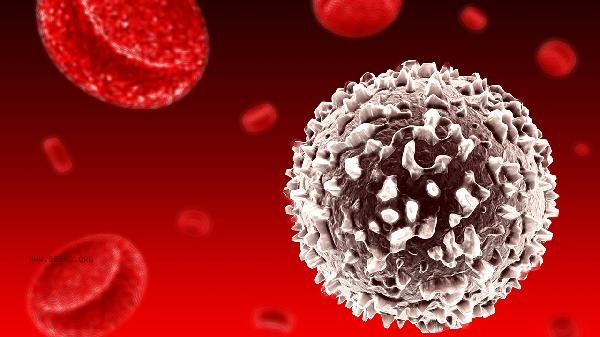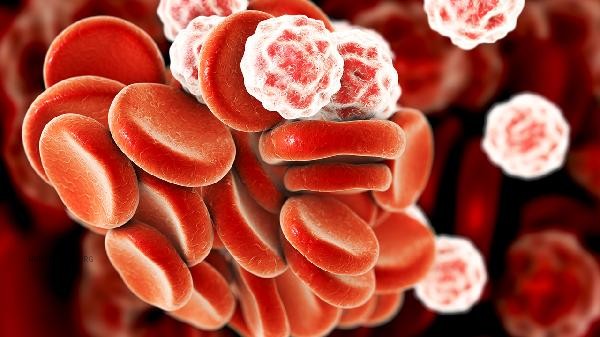White blood cell esterase++usually indicates the presence of inflammatory reactions in the urinary and reproductive tract, which may be related to factors such as bacterial vaginitis, urinary tract infections, cervicitis, etc. It needs to be comprehensively judged in combination with other indicators.

1. Bacterial vaginitis:
Excessive reproduction of anaerobic bacteria such as Gardnerella vaginalis can disrupt the balance of normal bacterial flora, leading to a significant increase in leukocyte esterase activity. Patients often have gray white thin secretions and a fishy smell, which can be treated with drugs such as metronidazole and clindamycin, while avoiding frequent vaginal flushing.
2. Urinary tract infection:
Pathogenic bacteria such as Escherichia coli invade the urinary tract epithelium, causing an inflammatory response and an increase in leukocyte esterase concentration in urine. It is often manifested as frequent urination, urgency, and burning pain during urination. Antibiotics such as levofloxacin and cefuroxime are effective in treatment, and it is recommended to drink at least 2000 milliliters of water per day to promote bacterial excretion.
3. Cervicitis:

When infected with Chlamydia trachomatis or Neisseria gonorrhoeae on the cervical mucosa, vaginal secretion testing shows strong positivity for leukocyte esterase. Common symptoms of contact bleeding and purulent discharge require coverage of sexual partners for azithromycin combined with doxycycline treatment, and sexual activity is prohibited during the treatment period.
4. physiological interference:
Menstrual blood components, semen residue, or sampling contamination may lead to false positive results. It is recommended to avoid menstrual check ups, avoid sexual activity 24 hours before sampling, and use specialized sterile swabs to collect specimens in a standardized manner.
5. Other inflammatory diseases:
Pelvic inflammatory disease, prostatitis and other diseases may also cause abnormal white blood cell esterase, which needs to be judged by ultrasound examination. If accompanied by symptoms such as lower abdominal pain and fever, pathogen cultivation and drug sensitivity testing should be carried out in a timely manner.

When white blood cell esterase+++is found, it should be rechecked to confirm the continuity of the results, avoid wearing tight synthetic underwear, change to pure cotton underwear daily, and rinse with boiling water. Add foods rich in probiotics and antioxidants such as yogurt and cranberries to your diet, and reduce spicy and stimulating foods. Moderate exercise enhances immunity, but activities such as swimming and bathing that may cause cross infection should be avoided. If the symptoms persist for more than a week or if there are symptoms such as hematuria or fever, seek medical attention as soon as possible for targeted treatment.









Comments (0)
Leave a Comment
No comments yet
Be the first to share your thoughts!